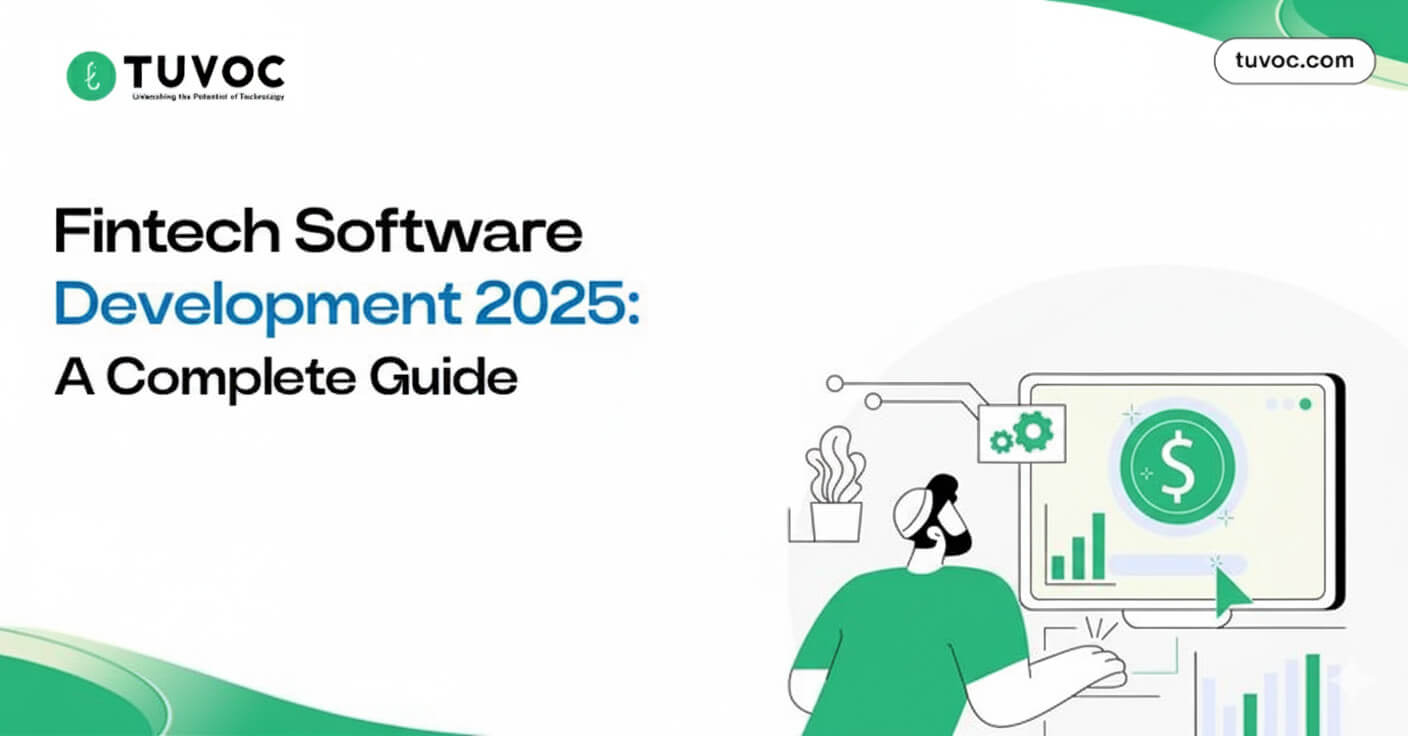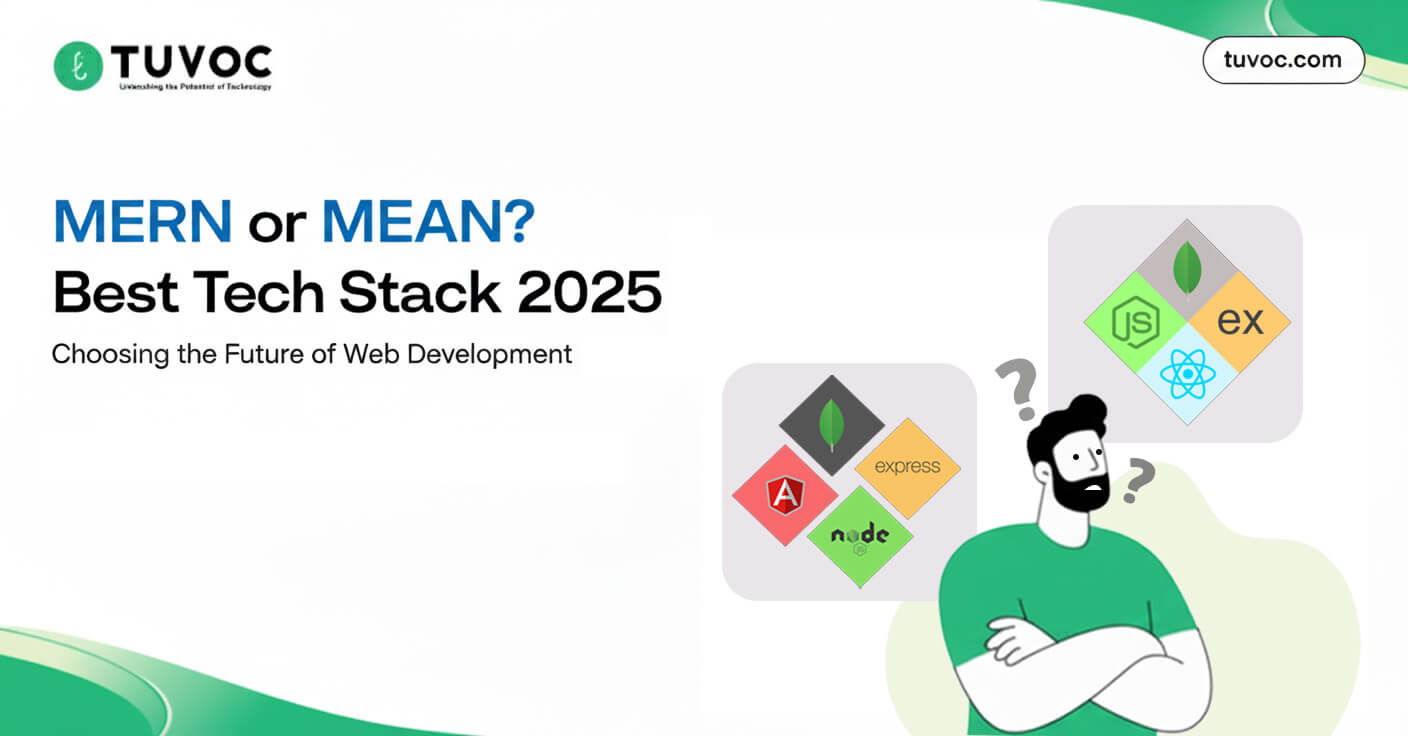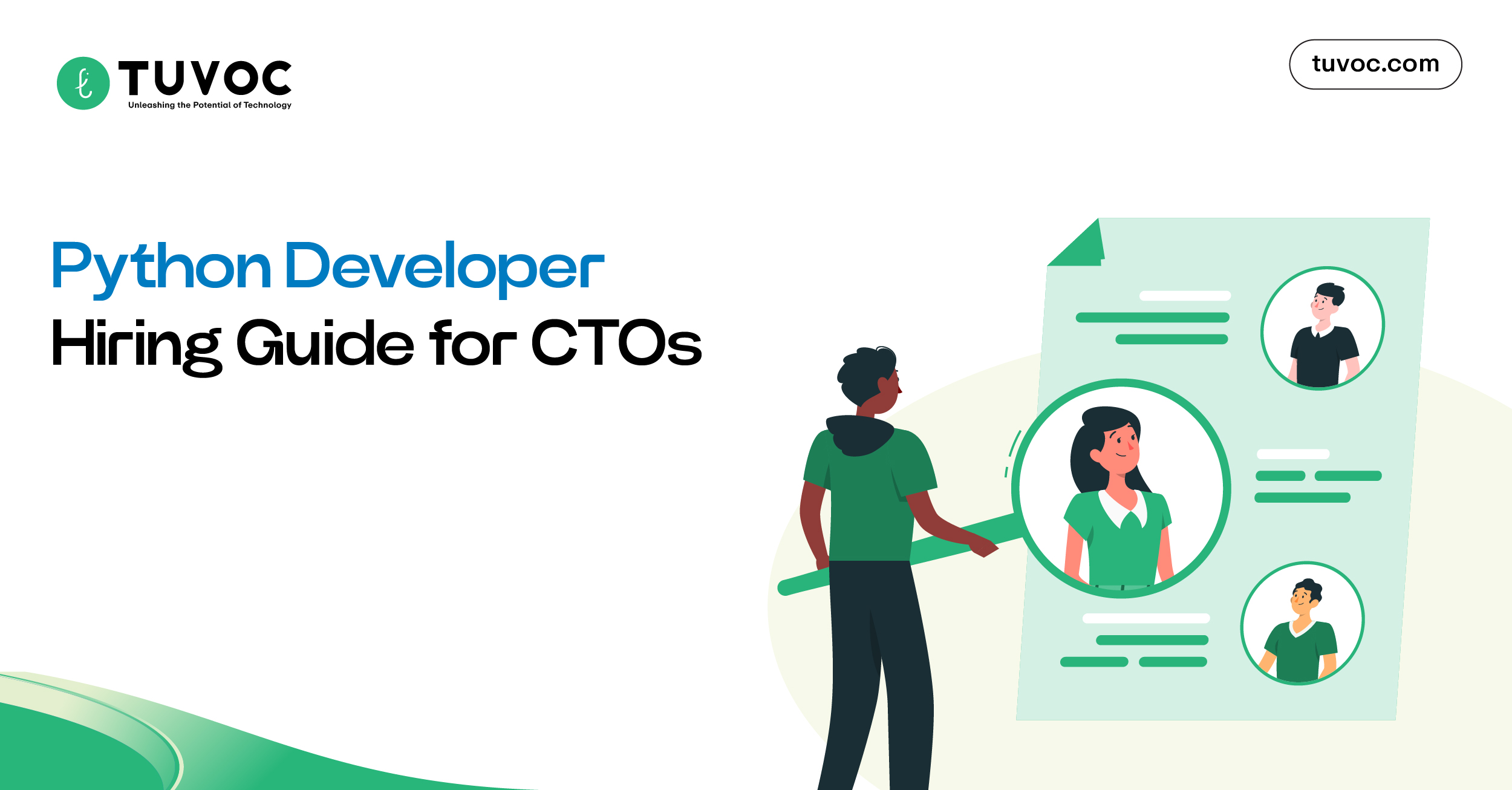Introduction
Python is among the popular programming languages due to its comprehensive libraries, frameworks, and versatility. Many popular companies like Netflix, Lyft, Reddit, and Meta are using Python for smooth data processing and app performance. Due to continuous adoption across various industries, Python helps in building integrated solutions.
Being one of the leading programming language in the world, Python is an object-oriented programming language with an in-built set of libraries that help in smooth app development prowess. The advanced capabilities of Python help developers in AI/ML development or data science integration for a smooth analysis process.
Key Skills to Look for in a Python Developer
When hiring expert Python developers, the CTO should look for following skills:
1. Core Python
When businesses hire Python developers, they consider having a deep understanding of the Python programming language. It includes understanding syntax, operators, libraries, and others. These capabilities can be assessed at the timeof hiring to determine the competencies.
Checklist to Follow
- Adept in Python syntax, data types and flow control.
- In-depth knowledge of built-in functions and standard libraries.
- Capability to develop reusable and modular code.
- Familiarity with error handling, file handling, and memory management.
- Experienced with object-oriented programming in Python.
2. Frameworks
Using a suitable web framework of Python based on project requirements is important. It helps in smooth development and deployment of apps. An expert Python developer should use available Python libraries and understand diverse frameworks, ensuring code reusability.
Checklist to Follow
- Familiarity with common Python-based frameworks such as Django, Flask, or FastAPI.
- Knowledge of choosing an appropriate structure depending on the project requirements.
- Knowledge of MVC / MVT architecture patterns.
- Usage of third-party libraries and middleware.
- Knowledge of framework-specific routing, templates, and authentication tools.
3. Object Relational Mapping
Object-relational mapping (ORM) is a popular technique used to transform data between various types of systems. Feature-rich apps developed in Python can perform smoothly using an object database compared to a relational database, and the software can be customized to use ORM.
A developer should know the process of using ORM libraries that help developers create an object database, ensuring smooth development, operation, and scalability.
Checklist to Follow
- Knowledgeable in ORM tools such as SQLAlchemy or Django ORM.
- Ability to create models that are an accurate representation of database structures.
- Familiarity with CRUD operations through ORM.
- Awareness of migrations and schema development.
- Ability to optimize query performance with ORM functionality.
4. Python Libraries
Python is easy to use and comprises extensive libraries that help in the fast development process. Libraries help developers ensure reusability and a quick development process, making development convenient and streamlined for developers. TensorFlow is an open-source library for AI/ML.
Checklist to Follow
- Practical experience working with popular libraries such as Pandas, NumPy, and Requests.
- Understanding library documentation and its incorporation into projects.
- Capability to develop in-house libraries/modules.
- Knowledge of versioning and compatibility between Python and library versions.
- Knowledge of installation and environment hacking tools, pip and virtualenv.
5. Testing and Debugging Skills
Unit testing helps Python developers to test the source code of a program (without compiling the front-end user interaction). This helps expert developers to debug the errors and ensure top-notch coding structure. This is the most highlighted feature of Python which ensures easy troubleshooting, finding errors, and resolving them.
Checklist to Follow
- Familiarity with unit test frameworks like unit test or pytest.
- Potential to develop test cases for modules, functions, and integration points.
- Experienced debugging tools and techniques.
- Knowledge of test-driven development (TDD) techniques.
- Understanding of the continuous integration tools and automated testing pipelines is important.
6. Data Science and Analytics
Python helps in building interactive data science solutions and real-time dashboards. With these advanced skills, Python developers can build modern business intelligence (BI) solutions. These advanced skills help streamline the analysis process.
Checklist to Follow
- Experienced in utilizing Jupyter Notebooks to conduct exploratory data analysis.
- Familiarity with libraries such as Matplotlib, Seaborn, and Scikit-learn.
- The capability to clean, analyze, and view data sets.
- Knowledge of statistical analysis and machine learning principles.
- Able to incorporate analytics functionality with business apps.
7. AI and ML Skills
Python is the most preferable programming language to build AI/ML enabled solutions using Python libraries ( Numpy, Pandas and others). In this transforming era, expertise in AI/ML development technologies helps automate routine business processes.
Checklist to Follow
- Experienced with machine learning frameworks like TensorFlow, Keras, and PyTorch.
- Knowledge of supervised learning, unsupervised learning, and reinforcement learning.
- Capability to pre-process the data and choose suitable algorithms.
- Familiarity with model training, evaluation, and deployment methods.
- Familiarity with the creation of predictive models and automation.
8. Front-end Development (JavaScript, HTML5, CSS3)
As Python development is backend but understanding basic front-end frameworks like CSS, HTML and JavaScript helps in building robust solutions. By determining how to hire a Python developers, businesses can get experts with cross platform understanding, making it easy to establish a collaborative work environment.
Checklist to Follow
- Basic knowledge of HTML to structure the web content.
- Familiarity with CSS3 and responsive design.
- Experienced in JavaScript to incorporate interactivity in web pages.
- Capability of combining front-end libraries with Python backends.
- Experience working with front end libraries/ frameworks such as Bootstrap or React (desirable but not essential).
What a CTO Should Consider When Hiring a Python Developer

1. Consider your Need for Hiring
Before hiring programmers for your project, clearly articulate the goals, determine cost to hire Python developers and define the prerequisites to conquer the project. This also includes identifying whether you require web development, desktop apps, software development, complex applications, data analytics, or interactive visualizations, as well as the integration of AI/ML or a simple web app. If you’re considering a more scalable and cost-effective model, you may choose to hire offshore Python developers with the right skill sets. Having clear ideas and defined specifications helps in easy assessment and hiring Python developers with the required areas of expertise.
Pro Tip: Create a comprehensive document with technical goals, preferred frameworks, project size, and required team structure. This reduces the recruitment process and helps in hiring ideal candidates.
2. Candidate Assessment
When businesses hire Python developers, skill assessment and understanding their technical knowledge is core. This can be done by defining the assessment process and categories like verbal, logical, aptitude, and technical skills. When determining Python developer skills, organizations can schedule an assessment process online or use available assessment platforms that allow for a customized assessment.
For Freshers
Scheduling technical, verbal, logic, and aptitude tests can be scheduled to analyze their understanding. You can include real world scenarios, questions on classes, modules, generators, functions, and structures. Additionally, determining understanding of code structure, versioning, memory handling, SYS or OS modules and libraries.
For Experienced
This assessment can be skipped or considered by taking logical assessments only.
Pro Tip: Use role-based skill assessments customized to specific project needs. You can include coding challenges for web app development and determining knowledge for data intensive tasks to assess relevant expertise.
3. Conduct Comprehensive Interviews
Conducting candidate interviews to determine their skills and problem-solving approach. For freshers, this helps validate the details added to the assessment.
This mainly includes assessing and analyzing understanding of following aspects:
- Understanding in tech Stack: gather details about their understanding of technical tools, programming languages (web development frameworks like Flask and Django, data science frameworks like Scikit-Learn and NumPy) preferred libraries and frameworks. This helps in getting insights into the understanding of diverse tech stacks.
- Experience Level: Determining experience and work portfolio to understand their capabilities in project handling and problem-solving abilities. Validating the experience mentioned in CV is also necessary to determine actual knowledge.
- Industrial Expertise: Determine the expertise in the Python ecosystem, like frameworks and libraries. Ask questions based on a specific role like web developers (front-end, back-end, cloud, containerization) or AI/ML.
- Flexibility to Work with Different Technologies: Analyze the capabilities of developers to work on diverse technologies. This indicates the skills of experienced Python developers on different technologies and is considered a value-adding skill.
Pro Tip: Create interview structure in stages like technical assessment, past experience, and adaptability to technical requirements. This helps in gaining insights about their domain expertise and problem-solving skills.
4. Test Programming Skills
This is a stage that helps in selecting skilled developers by testing their programming and problem-solving skills. For this, businesses can use a mock project setup with necessary scenarios. These tests can be assessed by a technical expert to determine coding style and logical thinking.
This can be done by creating tasks from simple to complex to determine understanding of Python structure and object-oriented programming. In addition, determining alternative options to measure their critical analysis skills and evaluating the actual time consumed to complete the assessment. This test provides an enhanced understanding of skills and identifies candidates with expertise in fixing complex hurdles.
Pro Tip: Create a short mock task that is related to the real-world scenario in which the candidate will be working. Observe their approach, code clarity, naming conventions and modular thinking approach.
5. Verify Awareness of Market Trends
Beyond technical and coding experience, it is important to determine whether a candidate stays updated with the latest development trends and upcoming approaches. Businesses can also check GitHub profiles to track activities in development, community views, testing and contributions in the open-source Python community. This indicates their interest and dedication to stay updated with the latest technologies. When hiring expert developers, their capabilities to ensure smooth operating systems, streamlined functionalities, routine maintenance and tracking project progress.
Pro Tip: Ask the candidate to summarize the latest Python version, or an emerging technology they have practiced. This indicates whether they are engaged in proactive learning and the application of emerging practices.
6. Check Other Qualities (Soft and Interpersonal Skills)
Mere technical skills are not sufficient; interpersonal and soft skills are also considered important. Some of them are:
- Dedication to build complex apps
- Professional mindsets and open to learn nature
- Team management and interpersonal communication skills
- Developers must be able to communicate with non-technical members by simplifying the technical terms.
- Collaborative skills (ability to work in teams and handle challenges within the team, coordination with the team to ensure smooth project delivery and bug free performance.
- Critical thinking and analysis skills (should be able to analyze problems and be a quick problem solver, choose the most suitable framework for the project).
- Basic UI/UX designing skills
- Works to meet deadlines and aims to deliver the project on time, even under pressure.
Pro Tip: During an interview, pose a collaborative challenge or cross functional scenarios. Evaluate the candidate’s approach towards non-technical team or team management approach.
7. Specific Technical Skills to Prioritize
When selecting expert Python developers, CTOs should determine their necessary technical skills:
- Core depth understanding of RESTful APIs and expertise in working with third party APIs to establish connected components and services.
Supporting Technologies
- Expertise in advanced AL/ML frameworks ( Keras, TensorFlow, and Scikit-learn) and NLP techniques (NLTK, spaCy)
- Understanding of cloud platforms (AWS, Azure, and Google Cloud) and containerization/orchestration (Kubernetes and Docker)
- Front-end technologies like CSS3, JavaScript, HTML5, and jQuery is necessary for web development.
- Familiarity with best practices of software development, like test-driven Development (TDD) and continuous Integration (CI)
Pro Tip: Create a technical checklist for screening process, which includes API handling, OOP principles, familiarity with Python libraries, and experience with deployment tools. Use this as a base to standardize candidate evaluations.
Why CTOs Hire Python Developers
1. Multi-skilled
Python developers are versatile team members as they can work on diverse projects, including backend web development, data analysis, automation, and AI-powered applications.
2. Full-Stack Web Development
Developers who know frameworks like HTML, JavaScript, Django, and Flask can develop, scale, and maintain secure and high-performance web applications based on specific business requirements.
3. Data Science and Machine Learning
Python developers possess the ability to develop smart solutions, automate tasks, and use large data sets to derive valuable insights and make actionable decisions with the help of their analytics and machine learning skills.
4. System Optimization
Expert Python developers assist in enhancing the overall performance, scalability, and reliability of the existing software. This helps businesses to maintain better user demand and system load.
5. Seamless Integration
Python programmers can develop user-friendly applications with a responsive interface that can be seamlessly integrated with external tools, APIs, and platforms by ensuring a smooth digital experience.
Conclusion
When hiring experienced Python developers, CTOs should evaluate necessary skills and capabilities to ensure smooth project delivery. Due to the robust and flexible nature of Python, it is preferable for various development processes. At Tuvoc, we provide comprehensive Python development services by using advanced practices, tools, libraries, and frameworks. Our team has expertise in advanced technologies like AI, ML, data science and others to deliver custom solutions.
Hiring an experienced Python developer can be challenging, but with the right strategies and setting goals, it can be challenging. Determining expertise, technical skills and problem-solving skills help transform the development lifecycle.
FAQs
CTOs should evaluate the developer’s compatibility with the project scope, technology stack, code quality standards, collaborative abilities, and ability to adapt to changing business needs.
An expert Python developer must have a strong understanding of core Python, familiarity with frameworks such as Django or Flask, knowledge of object-oriented techniques, and Python libraries like Pandas, NumPy, or TensorFlow.
Examine coding tests, analyze GitHub projects, schedule technical interviews, check problem-solving skills, and assess communication and cultural compatibility.
Clarify the job description, include your technical team in recruitment, provide an opportunity to work on a test project, and prioritize both expertise and flexibility to team members.
Set clear expectations, online assessment tools, communication skills, take a trial basis, and utilize trustworthy collaboration tools.
Check out freelance sites (Upwork, Toptal), developer forums (GitHub, Stack Overflow), remote job boards, and coding bootcamps, as well as tech meetups in your area.

Jitendra Rathod
Jitendra Rathod is the Founder & CEO of Tuvoc Technologies, with 28+ years of experience in full-stack development, no-code platforms, and emerging technologies like Python and AI/ML. He helps startups and enterprises with smooth project deliveries using modern technologies and agile development practices.
Have an Idea? Let’s Shape It!
Kickstart your tech journey with a personalized development guide tailored to your goals.
Discover Your Tech Path →Share with your community!
Latest Articles

Fintech Software Development 2025: Complete Guide to Build Secure & Scalable Financial Apps
Amidst the risk of the old financial system crashing due to emerging geopolitical fault lines and renewed trade wars, fintech…

MERN vs MEAN Stack: Which Tech Stack Should You Choose in 2025?
Why MERN Stack vs MEAN Stack Matters in 2025 Technologies shouldn't be complex, but in practice, they often are. Most…

The Complete Guide to MERN Stack Development in 2025
Nobody asks a software developer when he gets happy? In 2025, a developer's happiness lies in the frontend and backend…

